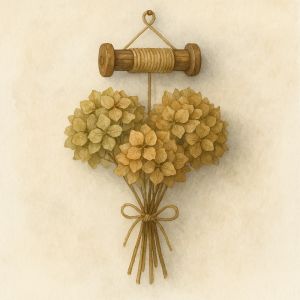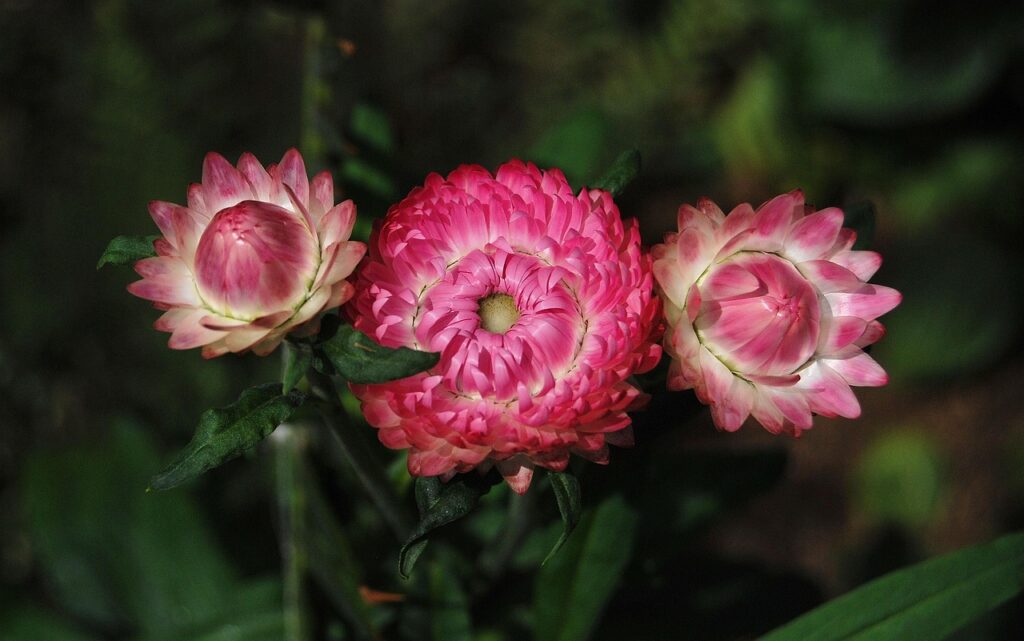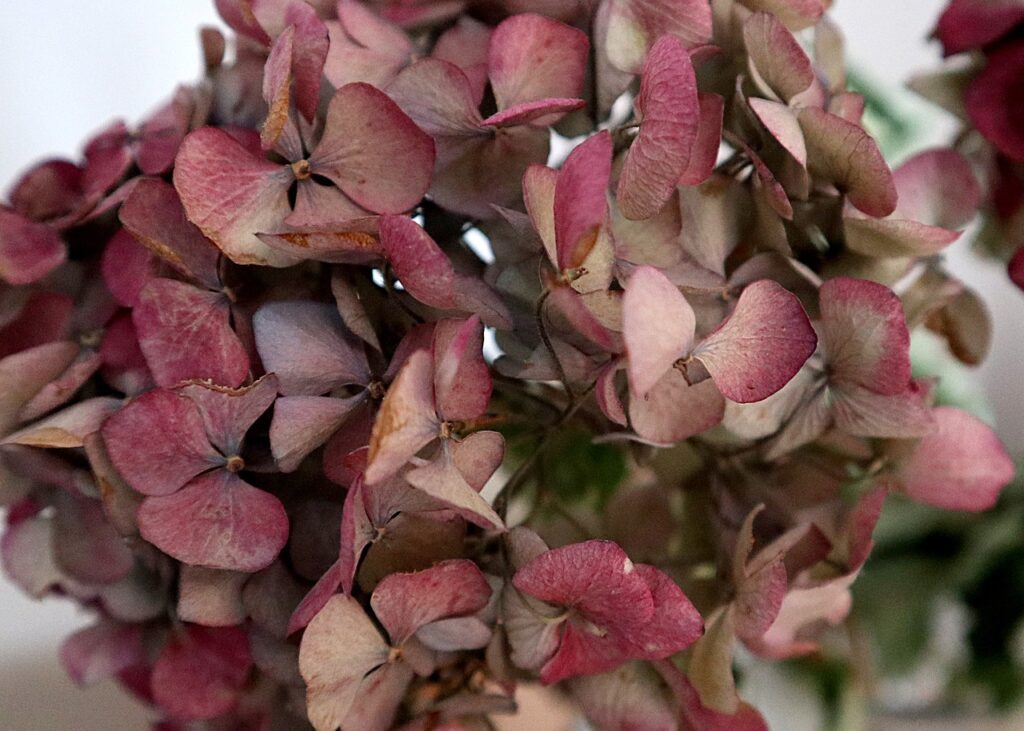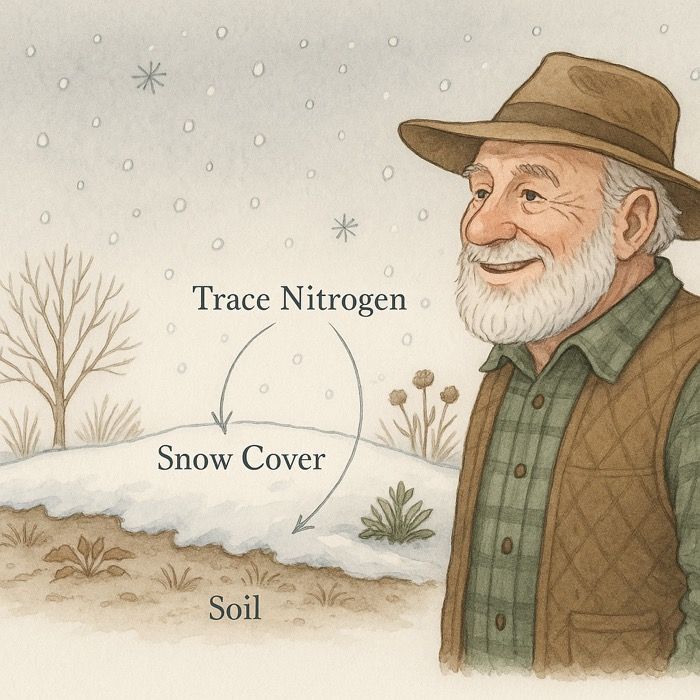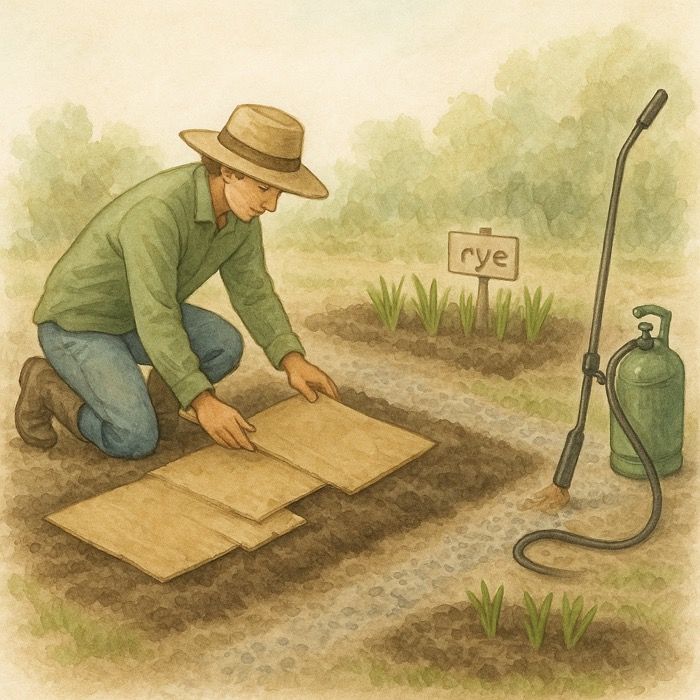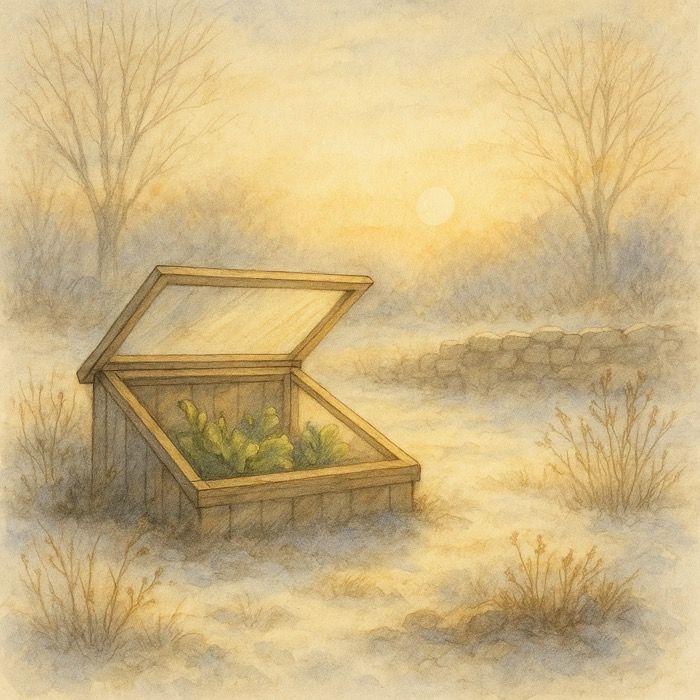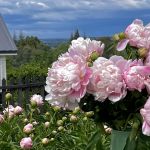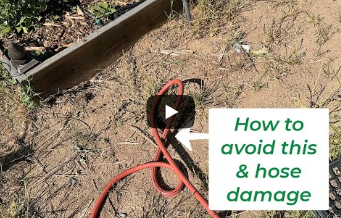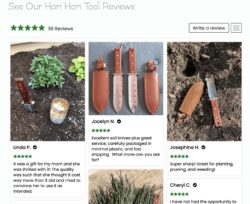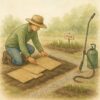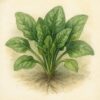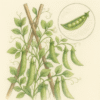August Blooms to Cut & Dry for Fall Arrangements
Keeping a bit of Summer for the dark months
There’s a quiet kind of magic in preserving your summer garden for the cooler days ahead. August is the perfect time to cut and dry flowers for fall arrangements—when blooms are still fresh, vibrant, and at their peak. With the right varieties and timing, your dried bouquets can bring that golden garden glow indoors long after the frost settles in. The trick is finding the best flowers for drying.
Here are our favorite flowers to harvest in August for drying—plus how to do it right.
Strawflower – The Classic Everlasting
If you’re growing Helichrysum bracteatum, you’re in luck. Strawflowers are one of the best blooms for drying, with papery petals that hold their shape and color beautifully. They come in a range of warm autumn tones—orange, gold, burgundy, and blush.
Cut when: The flower is just starting to open
Drying tip: Hang upside down in small bunches, out of direct light
Globe Amaranth – Small But Mighty
Also known as Gomphrena, these cheerful clover-like blooms hold their bright pinks, purples, and whites perfectly when dried. They add volume and texture to any arrangement.
Cut when: Fully open, but not starting to brown
Drying tip: Strip most leaves and air dry in bundles
Statice – Long-Lasting and Vibrant
Statice (Limonium sinuatum) is a must-have for dried bouquets. With its rich blues, purples, and yellows, it retains color and form better than most. It also adds a delicate wildflower touch to fall centerpieces.
Cut when: Fully open and vibrant
Drying tip: Hang upside down in a dry, well-ventilated area
Celosia – Feathered or Cockscomb
From the plume-like Celosia argentea to the brainy Celosia cristata, this flower is a textural masterpiece. It dries to a velvet-like finish and adds a dramatic flair to autumn arrangements.
Cut when: Fully colored and firm to the touch
Drying tip: Keep upright in a jar or vase until fully dry to retain shape
Yarrow – Strong Stems, Bold Color
Achillea millefolium may be known for its medicinal uses, but it’s equally prized in dried arrangements. Its flat-topped clusters dry stiff and vivid.
Cut when: Flowers are fully open and vibrant
Drying tip: Strip leaves and hang upside down
Hydrangea – The Late-Summer Anchor
As summer wanes, mophead and panicle hydrangeas begin to dry naturally on the stem. Their fading blues, greens, and dusty pinks take on a vintage, paperlike charm perfect for wreaths and centerpieces.
Cut when: Petals feel papery but still hold color
Drying tip: Dry upright in a vase with no water or hang in small bunches
Lavender – A Fragrant Favorite
Though typically harvested earlier, many varieties send out a second flush in August. If you’re lucky, snip a few stems now to dry for a soft touch of scent and color.
Cut when: Buds are just opening
Drying tip: Bundle tightly and hang in a dark, dry space
Tips for Drying Flowers Successfully
- Harvest early in the day – after dew has dried but before the heat sets in
- Choose blooms at their peak – not overly mature or browning
- Dry in a dark, well-ventilated space – sunlight fades color quickly
- Bundle loosely – too tight, and you risk mold
- Give it 2–3 weeks – flowers are fully dry when stems snap cleanly
Master Gardener Tip
To keep colors bold in dried arrangements, avoid touching petals directly and use florist wire to reinforce weaker stems before they dry. It’s a small step that makes your designs last longer and stand taller.
Bring Your Garden Indoors
There’s something incredibly satisfying about seeing your hard work live on through the seasons. August’s blooms can transform into rustic wreaths, dried bouquets, or even handmade gifts for the holidays.
Looking for the right tools to help you harvest, arrange, and preserve your blooms? We recommend our precision floral snips, drying bundles, and rustic ribbon to tie it all together.
More From Our Master Gardener
Recent Posts

❄️ Snow as Fertilizer – The Truth About “Poor Man’s Nitrogen”

5 Unexpected Winter Weed Control Strategies (That Don’t Involve Mulch)

Harnessing Winter Sun – Passive Solar Tricks for Your Garden

How to Grow Spinach – The Ultimate Beginner’s Guide for Tender, Nutritious Leaves

How to Grow Peas: The Ultimate Beginner’s Guide for Sweet, Crisp Harvests
